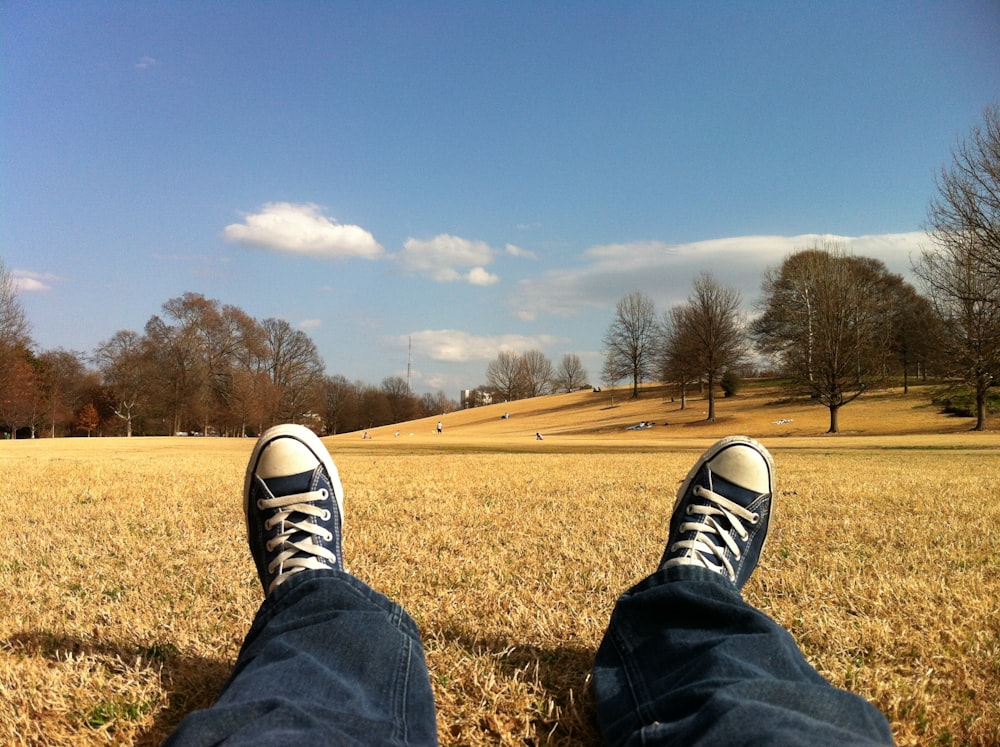
The war, reading the Guardian, being overwhelmed by ‘takes’ on Twitter, watching Russell Brands videos on it, and having to deal with a Chinese viewpoint at home has got me thinking a lot about right and wrong.
In the west we have a belief that open, free, uncensored information will always lead to lies being uncovered and good prevailing.
We believe this as strongly as we believe that 2+3=5. Yet, in the absence of all the information we’re always using a spidey-sense to ‘feel’ whats true, it’s not mathematical. Effectively we hear all sides of an argument and we buy into the one that ‘rings true’ to us. So our faith in a free press also hinges on our faith in our ability to see truth.
If you vote Tory, stories about benefit cheats and the cancelling of Christmas will ring true to your perception of reality; if you vote Labour stories about NHS waiting lists and homelessness will ring true. Both sides of an argument claim their stories map more strongly to reality. The reality is messy, and on each issue one side is probably more right than the other. As a reader you’ll feel strongly which side that is but I almost guarantee that this is based on a feeling rather than an analysis of the data.
This is a very a human thing to do. In the level of a family or workplace this is a solid way to go about your day. Stories and words are accompanied with facial expressions, body language and awkward silences. We unconsciously absorb, discard and remember information to update our picture of reality. So our ability to take a side or take a 3rd, 4th or 5th position is well informed.
This individual human apparatus serves us less well the more complex a situation becomes. To the point where I think that on a political level it is close to useless. Relying too much on presuppositions and needing a starting point which is already an oversimplified story.
On a macro level we listen to the news, read Twitter or facebook and we identify with the stories that ring true and appeal to us. We selectively dis-count and ignore that which doesn’t really help our cause and we enhance that which does. Our ability to sense truth is in this case only dependent on all the stories, videos and images we’ve seen before on this topic and ones we’ve chosen to remember. There is no body language or facial expressions to read that fit the moment; only images containing the fleeting certainty and wisdom of politicians and the brutal suffering of victims of war.
The situation is abstracted 10 million miles from a family dispute and yet we apply the same apparatus to it. The most remarkable part of this is that our certainty is never diminished by a situation’s complexity or scale. We are just as sure that Germany’s reluctance to support Ukraine is a result of their un-admirable qualities as a nation as we are sure that Amy’s devious consumption of the last Jaffa Cake is a result of her rotting morality.
Even if we rationally know that we don’t know 92% of the relevant reality of a situation, we always feel like we do know, because we need a comfortable mental state from which to act.
But I have good news!

While fitting pieces of information into an overarching story is a messy thing to do and you are not as good as it as you think; you are perfectly capable of discerning right from wrong on an individual level. And luckily for you – thats the level at which you exist and operate in the world.
Viktor Frankl survived Auschwitz and wrote ‘Man’s Search for Meaning’ which is a very short book full of cool insight into humanity.
We who lived in concentration camps can remember the men who walked through the huts, comforting others, giving away their last piece of bread. They may have been few in number but they offer sufficient proof that everything can be taken from a man but one thing: the last of the human freedoms – to choose one’s attitude in any given set of circumstances, to choose one’s own way…
Viktor Frankl, Man’s search for meaning
… The mere knowledge that a man was either a camp guard or a prisoner tells us almost nothing. Human kindness can be found in all groups, even those which as a whole it would be easy to condemn…
The same idea echoed by Gulag prisoner Aleksandr Solzhenitsyn:
The line separating good and evil passes not through states, nor between classes, nor between political parties either — but right through every human heart — and through all human hearts. This line shifts. Inside us, it oscillates with the years. And even within hearts overwhelmed by evil, one small bridgehead of good is retained
Aleksandr Solzhenitsyn, The Gulag Archipelago
As long as you’re alive you can decide be a good person, every hour and every day. You know what being a good person looks like and you get to choose to be that. Your most important contribution in a world of 7.7 billion people will always be at the individual level, you’re not only built for that, but you have no choice.
Leave a Reply